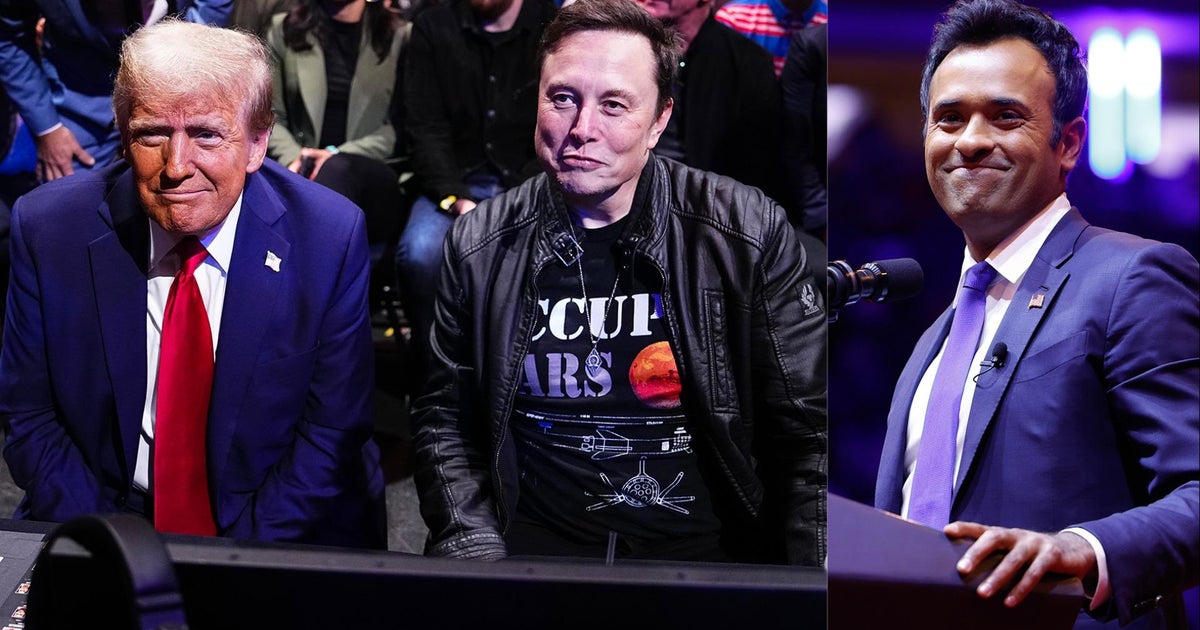Musk Joins Trump’s Team: Bold $2 Trillion Government Cuts Plan Shakes Up Washington
President-elect Donald Trump has tapped billionaire entrepreneur Elon Musk to co-lead an ambitious advisory council, the Department of Government Efficiency (DOGE), alongside biotech mogul Vivek Ramaswamy. Their mission: identify and recommend drastic budget cuts to streamline federal spending. Musk, the CEO of Tesla and owner of social media platform X, has called for at least $2 trillion in annual budget reductions.

What $2 Trillion in Cuts Could Mean
To put Musk’s proposal into perspective, the federal budget for the fiscal year ending September 2023 stood at $6.7 trillion. A $2 trillion reduction would mark a significant shift in the government’s fiscal priorities. For instance, the largest single program, Social Security, costs $1.45 trillion annually. Eliminating it would cover three-fourths of Musk’s proposed cuts.
However, targeting popular programs such as Social Security or Medicare would face strong resistance in Congress. Lawmakers from both parties have historically opposed large-scale cuts to these essential services, which are relied upon by millions of Americans.
Despite Musk’s ambitious vision, many analysts are skeptical about the feasibility of such drastic reductions. Economists John Ryding and Conrad DeQuadros of Brean Capital recently noted, “It is difficult to see where additional spending cuts will be found, as both parties in Congress typically resist significant changes to major programs.”
DOGE’s Mission and Timeline
The DOGE council has been tasked with identifying wasteful expenditures, eliminating excessive regulations, and restructuring federal agencies to achieve Musk’s vision of a leaner government. While the council has until July 4, 2026, to deliver its final recommendations, Musk has expressed confidence in completing the task well before the deadline. Musk and Ramaswamy’s work will likely involve evaluating the efficiency of federal programs, assessing overlaps between agencies, and recommending which areas could sustain reductions without undermining critical services. The challenge will be balancing these cuts with public and congressional approval, as budget adjustments will require legislative approval.
Challenges Ahead for Trump and DOGE
Musk’s proposal for deep budget cuts stands in stark contrast to trends during Trump’s first term, when the federal budget expanded by over 50%, driven largely by COVID-19 relief efforts. Achieving significant cuts now would require a political shift and considerable negotiation within Congress, where lawmakers may be reluctant to scale back programs that are widely supported by constituents.

Despite the hurdles, Musk’s track record of innovation and Ramaswamy’s entrepreneurial acumen could provide a fresh perspective on federal efficiency. If successful, their recommendations could reshape how the government operates, potentially setting a precedent for fiscal discipline in future administrations. While ambitious, Musk’s $2 trillion vision highlights a broader conversation about balancing government efficiency with the public’s needs—a challenge that will define the DOGE council’s success in the years ahead.


Comments are closed, but trackbacks and pingbacks are open.